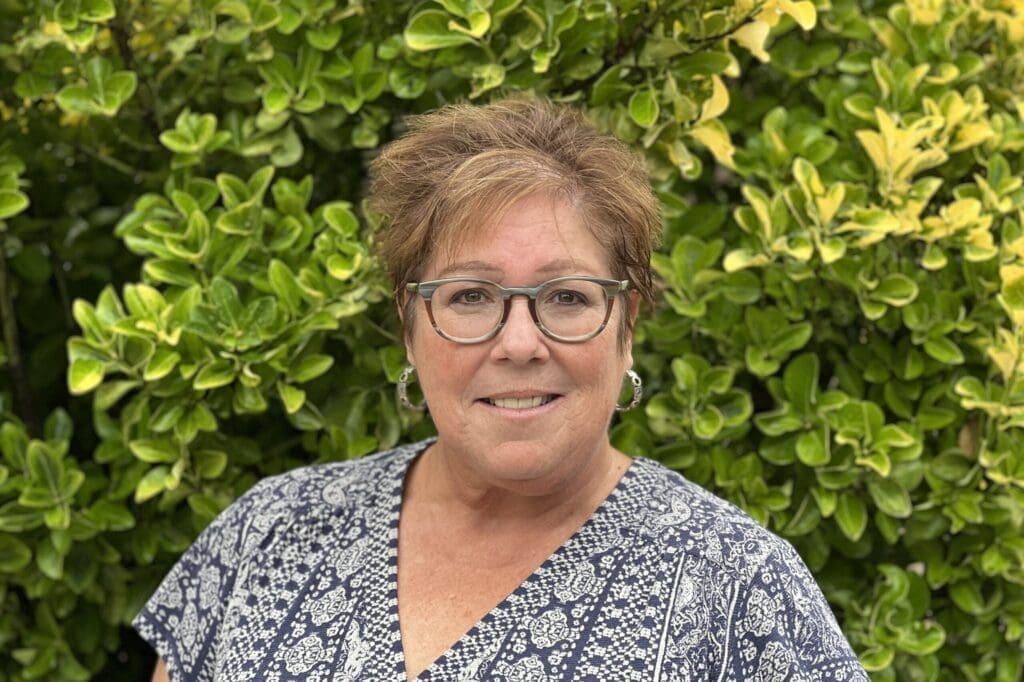The annual Phyllis Ringel Memorial Lecture took place on September 10 with guest speaker Barbara Yudis, LSW discussing Adolescents & Social Media: The Parenting Dilemma.
Yudis began by noting some of the benefits social media offered during the pandemic such as allowing people to maintain longterm relationships, connecting them with other like-minded individuals, helping shy individuals feel more comfortable, and benefitting marginalized populations like children with disabilities and the LGBTQIA+ community. However, social media can also negatively impact mental health.
Screen time inhibits children’s ability to develop empathy needed for non-verbal cues, stay physically active, and play creatively. Social media use increases the risk of obesity, behavioral problems, isolation, and cyber-bullying, which is worse than in-person bullying and has been linked to depression, loneliness, and suicide. Cyber bullying is particularly widespread in the LGBTQIA+ community. Social media has been linked to a wide variety of mental health conditions including depression, loneliness, suicide, eating disorders, self-harming, and anxiety. More time spent on social media correlates to more mental health symptoms, especially among girls. Adolescents may become vulnerable to thrill-seeking behavior as their middle brain develops and may then engage in risky behavior to get more “likes.” A study showed that getting “likes’’ for risky behavior decreased prefrontal cortex reasoning and increased harmful behaviors.
What can be done to reduce these risks? The American Academy of Pediatrics recommends no screen time for children under 2 and less than one hour a day for ages 2-5 (with the exception of video chats with family members) for educational or physical activity programming. For older children and adolescents, consider if your child is ready for social media, set all platforms to private, research video and computer games, and institute a phonefree bedtime. “Friend” your children on social media, watch their stories, understand viral trends, talk about respecting people online and how to discern accuracy. Parents also need to be mindful of their own social media behavior and usage. Encourage children to join groups such as religious or cultural organizations and volunteer in their community. Parents shouldn’t be afraid to reach out to other parents and should be patient when helping children navigate the social media world. The American Academy of Pediatrics and commonsensemedia.org are great resources for parents and children.
Social media can be used for good, but it will take education and perseverance to help our children navigate the online world. Educating our children about the risks can lead to better adjusted and well-rounded children who feel confident in their ability to use social media for good.

